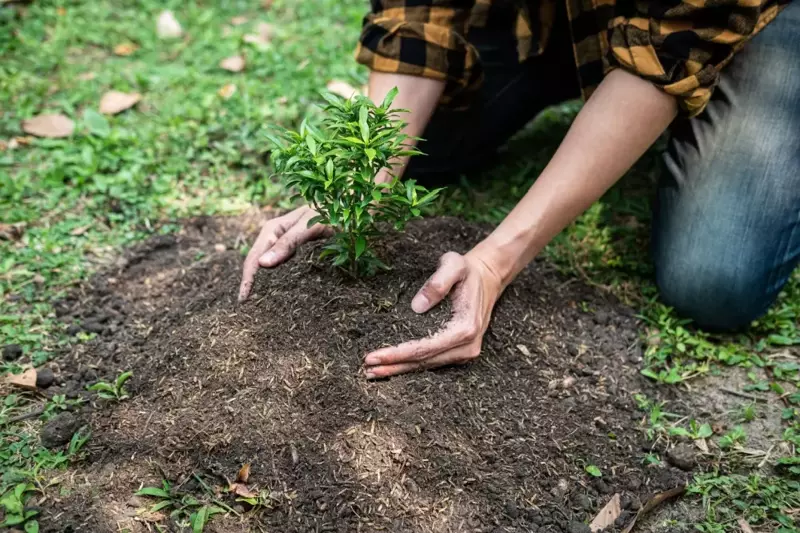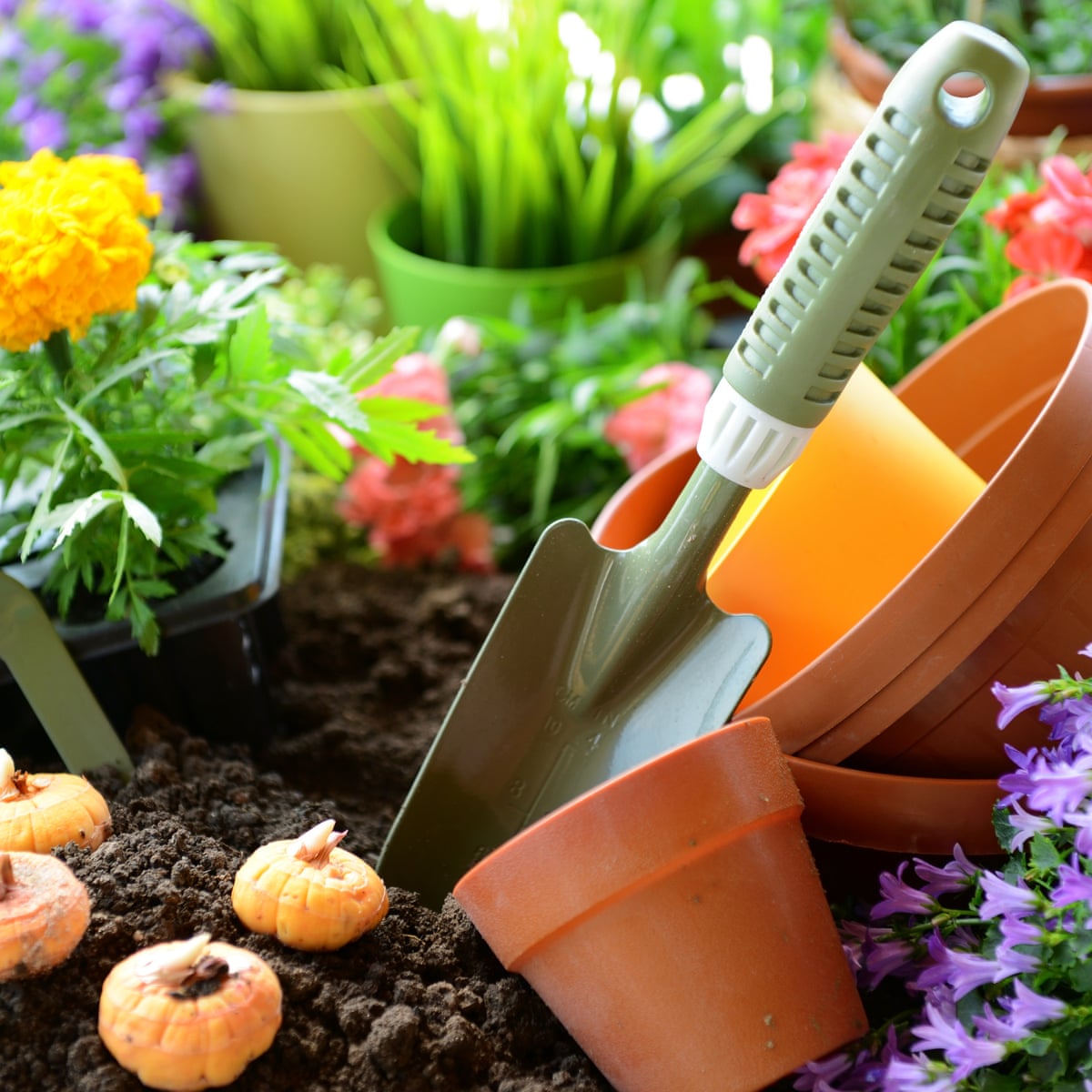Opening the Perks of Gardening: A Detailed Take A Look At the Different Types and Their Influence On Well-Being
Checking out the diverse benefits of horticulture reveals a range of techniques that considerably enhance specific well-being. From veggie and natural herb gardens to container and increased bed setups, each type provides distinctive advantages that expand beyond simple farming. These tasks not only foster physical health and wellness through active engagement yet additionally contribute to psychological wellness by minimizing stress and anxiety and encouraging mindfulness. As we analyze these varied horticulture approaches, it ends up being noticeable that their influence can resonate on individual, social, and ecological degrees, motivating a closer check out just how these connections create a cohesive narrative of alternative wellness.
Types of Gardening

Flower gardening, an additional preferred classification, highlights the aesthetic allure of grown blooms. This type can improve landscapes and advertise biodiversity by bring in helpful pollinators. Herb horticulture involves expanding aromatic and culinary plants, adding both to cooking and all-natural solutions.
Container gardening offers flexibility, allowing individuals with restricted area to participate in horticulture by utilizing pots and planters. This method is especially prominent in urban settings. Elevated bed gardening, on the other hand, includes developing raised stories that improve soil water drainage and availability, making it simpler for garden enthusiasts to manage their plants.
Last but not least, community gardening fosters collaboration among people in common rooms, advertising social interaction and cumulative responsibility. Each sort of gardening offers distinctive functions and accommodates different preferences, making horticulture a flexible task that can be tailored to individual requirements and atmospheres.
Mental Health Advantages
Taking part in various types of horticulture not just produces tangible incentives such as fresh fruit and vegetables and stunning flowers yet likewise provides significant mental health and wellness benefits. Research study suggests that gardening can be an effective tool for reducing anxiety, stress and anxiety, and clinical depression. The act of having a tendency to plants and growing a yard cultivates a feeling of purpose and achievement, which can boost overall psychological health.
In addition, horticulture motivates mindfulness, as it needs people to focus on the here and now moment, whether it be planting seeds or nurturing development. my company This mindfulness method can result in minimized rumination and improved state of mind stability. The exposure to all-natural environments throughout horticulture has additionally been linked to improved cognitive operating and decreased feelings of tiredness.
Social interaction plays an important duty in mental health, and neighborhood gardening efforts provide possibilities for people to connect with others, cultivating a feeling of belonging. The common experience of gardening can grow relationships look at here and support networks, even more boosting psychological strength.
Physical Health And Wellness Conveniences
Lots of people may not recognize that horticulture likewise offers considerable physical health and wellness advantages. Participating in gardening activities requires an array of physical activities, including flexing, lifting, excavating, and growing, which collectively add to better strength, adaptability, and endurance. These activities can enhance cardio wellness by advertising an elevated heart rate, thus minimizing the threat of heart illness.
Moreover, gardening can offer as a moderate-intensity workout, helping people achieve recommended exercise degrees. Researches suggest that regular involvement in horticulture can melt substantial calories-- roughly 200-400 calories per hour, depending upon the intensity of the jobs carried out. Such calorie expenditure is valuable for weight monitoring and overall metabolic health and wellness.
Furthermore, direct exposure to sunlight throughout horticulture can assist in the synthesis of vitamin D, which plays a crucial function in keeping bone health and wellness and sustaining immune feature. In addition, the act of horticulture usually entails working with dirt, which has been connected to possible mental and physical health and wellness advantages due to the existence of advantageous microorganisms. Gardening.
Social Connections Via Horticulture
The communal aspects of see this page gardening foster significant social connections among individuals. Area yards, particularly, act as vibrant hubs where people from diverse histories collaborated, growing not just plants but likewise relationships. These common rooms encourage collaboration, allowing people to exchange understanding, skills, and resources, therefore enhancing their horticulture experience and promoting a sense of belonging.
Involvement in gardening activities often brings about the formation of friendships and assistance networks. Individuals frequently unite for typical goals, such as growing seasons, harvest events, or academic workshops, which strengthen interpersonal connections and produce a sense of community. Such interactions can minimize sensations of seclusion and improve mental well-being, as individuals find companionship and camaraderie in common endeavors.

Ecological Effect of Horticulture
Gardening significantly contributes to ecological sustainability in several means. Home yards offer vital environments for various species, consisting of pollinators such as bees and butterflies, which are crucial for ecological community health.

Moreover, yards play an essential role in water conservation. Well-planned landscapes, consisting of native plants and xeriscaping, reduce water usage and protect against overflow, consequently shielding neighborhood rivers from pollution.
Final Thought

The varied kinds of gardening-- including veggie, blossom, natural herb, container, and raised bed-- contribute to psychological and physical wellness, foster social connections, and promote ecological sustainability. By involving in horticulture techniques, people can experience enhanced top quality of life while additionally sustaining neighborhood bonds and ecological health and wellness.
Comments on “Lasting Gardening Practices for an Eco-Friendly Yard”